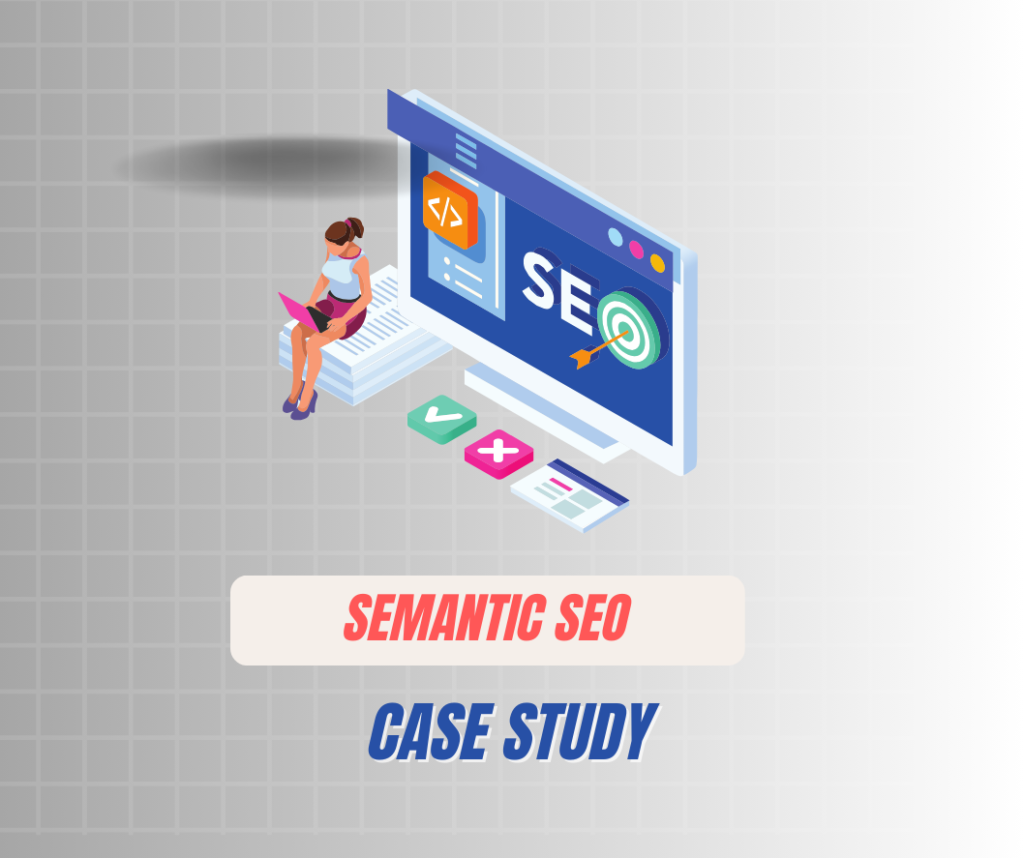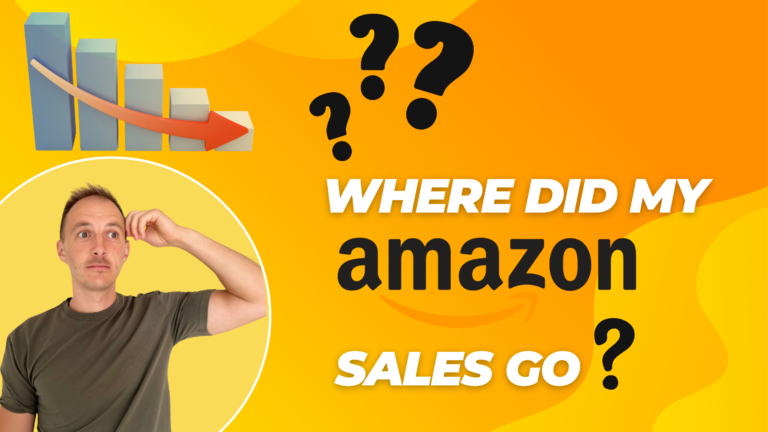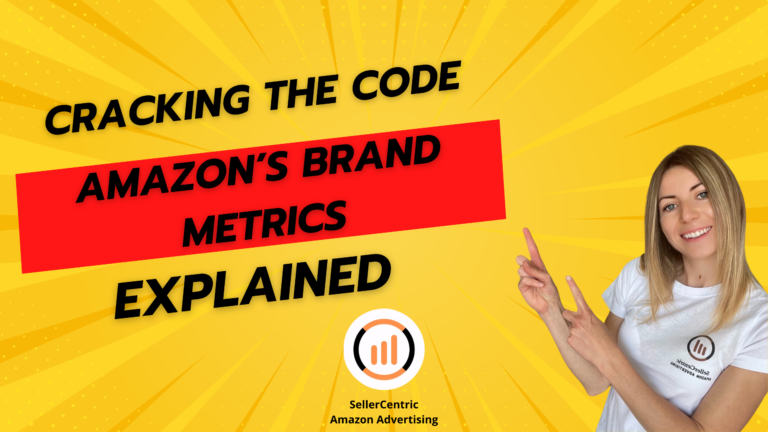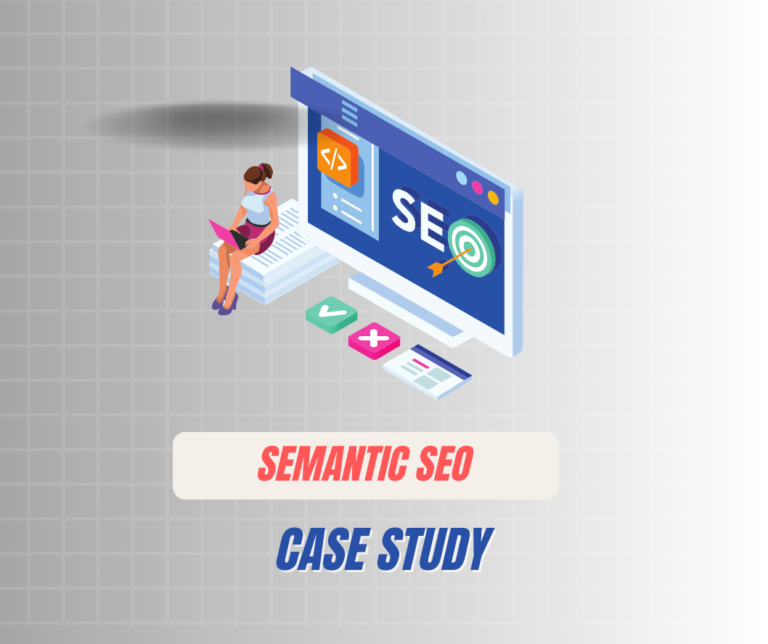In the ever-evolving landscape of online sales, understanding and utilizing cutting-edge SEO strategies is crucial for staying ahead of the competition. One such strategy that is shaping the future of how we optimize content is Semantic SEO. Unlike traditional keyword optimization, Semantic SEO delves deeper into the semantics—the meanings and relationships of words—to better align with user intent and improve content relevance. This approach is particularly transformative for Amazon sellers aiming to enhance visibility and organic search rankings.
The Genesis of Our Semantic SEO Journey
The journey began after attending a session by Leo Sgovio at the European Seller Conference, where the potential of Semantic SEO was presented. Intrigued by its promise, we decided to apply these insights to one of my client’s underperforming products on Amazon. The main keyword associated with the product was performing poorly, and our goal was to turn this around.
Strategy Implementation and Initial Results
We overhauled the entire Amazon listing and aligned our advertising campaigns to focus heavily on this keyword, using insights gleaned from Semantic SEO. This wasn’t just about sprinkling in the right words but about creating content that matched the deeper, semantic meaning users sought when they entered their search queries.
Timeline of Success
- January 17: Our journey began with the product’s organic ranking at 49.
- January 30: In less than two weeks, the changes began to bear fruit. The product broke into the top 10 search results, a significant leap from its earlier position.
- February 21: The product earned the coveted Amazon’s Choice badge and soared to the 3rd position in organic rankings.
- March 2 onwards: It consistently held a top 3 position, maintaining the Amazon’s Choice badge, and dominating the targeted keyword.
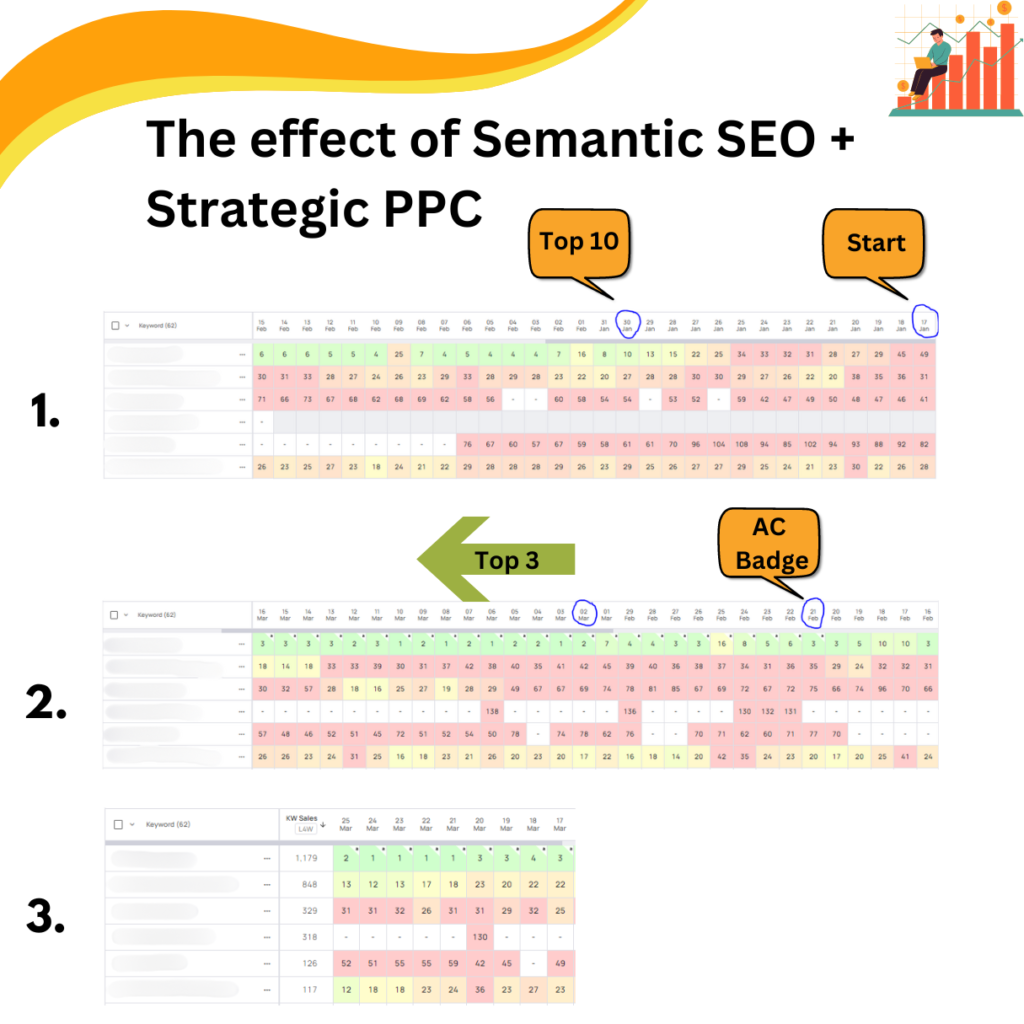
Impact on Sales and Visibility
The improved rankings had a profound impact on the product’s performance:
- Sales Tripled: There was a noticeable threefold increase in sales, turning a previously underperforming product into one of the best sellers.
- Sustained Profitability: The product transformed from being a marginal entity into a highly profitable asset.
This case study illustrates not just the effectiveness of Semantic SEO but also its potential to significantly alter a product’s market position. The image above demonstrates the sudden improvement in organic ranking over time for the targeted keyword, while other keywords maintained their positions.
Lessons Learned
This experience has reinforced the importance of understanding and implementing advanced SEO strategies like Semantic SEO in competitive marketplaces like Amazon. It’s clear that optimizing for user intent and semantics, rather than just keywords, can unlock unprecedented success.
For those looking to explore the potential of Semantic SEO, consider the context of your product and the search habits of your target audience. Tailoring your SEO strategy to meet these nuanced needs can lead to substantial improvements in both visibility and sales.
Stay tuned to our blog for more insights and tips on leveraging advanced SEO techniques to transform your digital marketing strategies and achieve business success.

